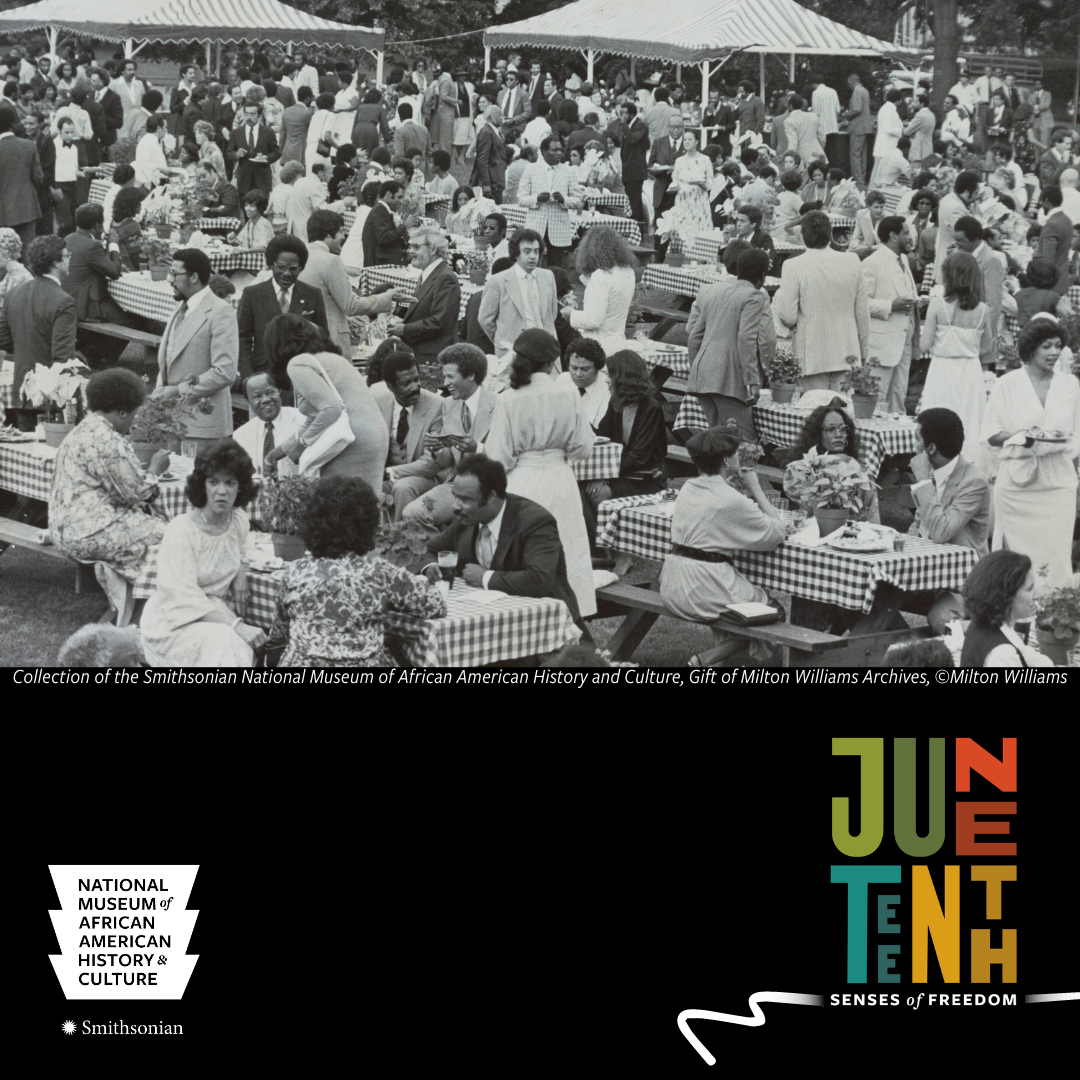Juneteenth gets its name from “June” and “nineteenth" but is also referred to as Emancipation Day, Freedom Day, or sometimes called the country’s second Independence Day. June 19, 1865,marks the day that Major General Gordon Granger arrived in Galveston, TX, bearing General Order No. 3, and proclaimed to the residents that slavery would no longer be tolerated, and that all slaves were now free and would be treated as hired workers if they chose to remain on the plantations.
Unbeknownst to many Iowans, Black equality and freedom first was celebrated in Iowa in 1856 when Black citizens in Muscantine commemorated the anniversary of the emancipation of enslaved Black people in the British West Indies (1834). In 1856, Muscatine’s Black population was less than 100 people, but this set a tradition of emancipation celebrations that were visible throughout the state and continued into the 1950s. Iowans celebrated emancipation events 3 different dates in the year; a date near August 1st honoring the liberation of enslaved people in the British West Indies in 1834; September 22nd, and January 1st (President Lincoln issued the emancipation proclamation in September and the proclamation went into effect January 1st).
Iowa’s history shows that more than 30 communities in the state held Emancipation Day events from 1894 to 1921, with more than 150 “emancipation celebration” references in newspapers. Some well know celebrations were in Buxton, Leon, Clarinda, and Albia. By the 1930s, emancipation events shifted to larger Iowa cities, but by the 1960s many did not continue. It was not until 1989 and 1990, that Davenport and Des Moines hosted Juneteenth events.
Iowa became the seventh state to acknowledge the holiday when on April 11, 2002, Gov. Tom Vilsack established June 19 as Juneteenth National Freedom Day, an Iowa state holiday. In 2021, President Biden established Juneteenth as a federal holiday.


